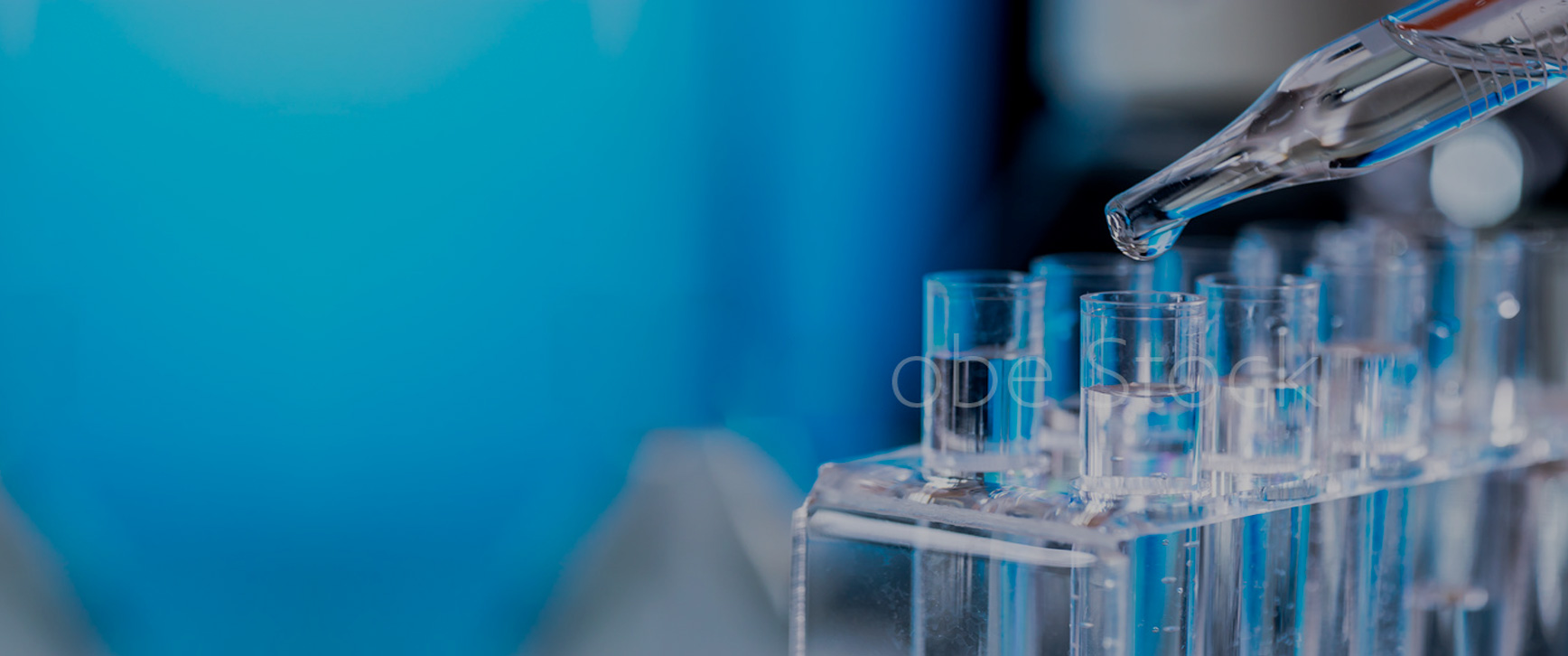Two approaches have been proposed for quantifying lipid synthesis rates in vivo. One approach is to administer a carbon labeled precursor such as 13C-acetate during a continuous infusion and determining enrichment in lipids. The Deuteromic approach uses a bolus oral dose of labeled water, deuterium oxide (D2O), to enrich lipids.
When 13C-labeled tracers are used, there are some serious limitations:
- Continuous infusions require special facilities
- Infusion protocols are over short time periods
- Subjects are confined
- True precursor enrichment is difficult to measure
- Experiments are costly due to sterile IV solutions
- Difficult to test many subjects at once
Labeling with deuterated water is a more convenient and less costly alternative for measuring lipid kinetics. The basis of the technique is that deuterium oxide rapidly equilibrates with total body water. The deuterium atom labels acetyl-CoA through various enzymatic reactions in the Krebs cycle.
Deuteromic studies are easy to conduct. Only a single oral dose of deuterium oxide (1 gram/kg BW) is required. Blood samples are collected for lipid enrichment prior to dosing and after 4-24 hours. The precursor enrichment of total body water is easily measured with plasma, saliva or urine.
Gas chromatography combustion isotope ratio mass spectrometry (GCC-IRMS) is used to measure very low levels of deuterium in plasma or tissue lipids. The GCC-IRMS separates derivatized fatty acids and cholesterol by gas chromatography. The lipid peaks are then combusted to hydrogen gas at 1450°C, which is analyzed by isotope ratio mass spectrometry. We can detect enrichment levels of 0.001% of deuterium with accuracy and precision. The fractional de novo lipogenesis rate is calculated from the average enrichment of deuterium in fatty acids or cholesterol.


